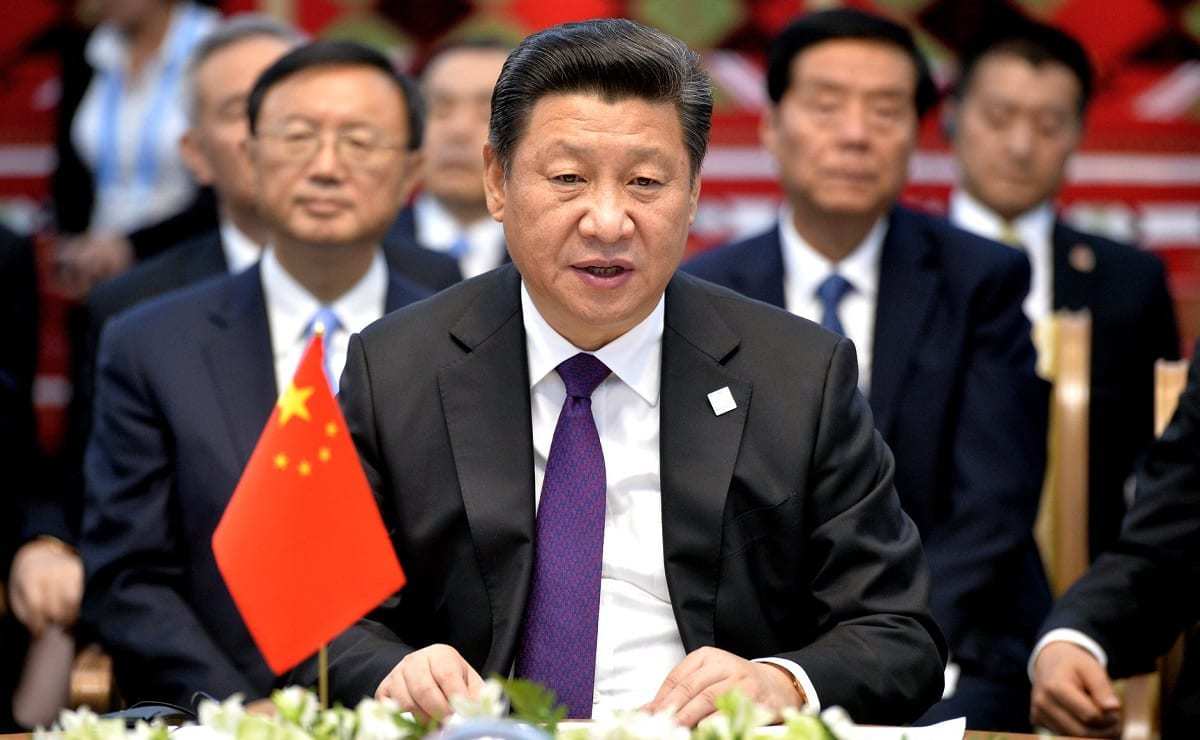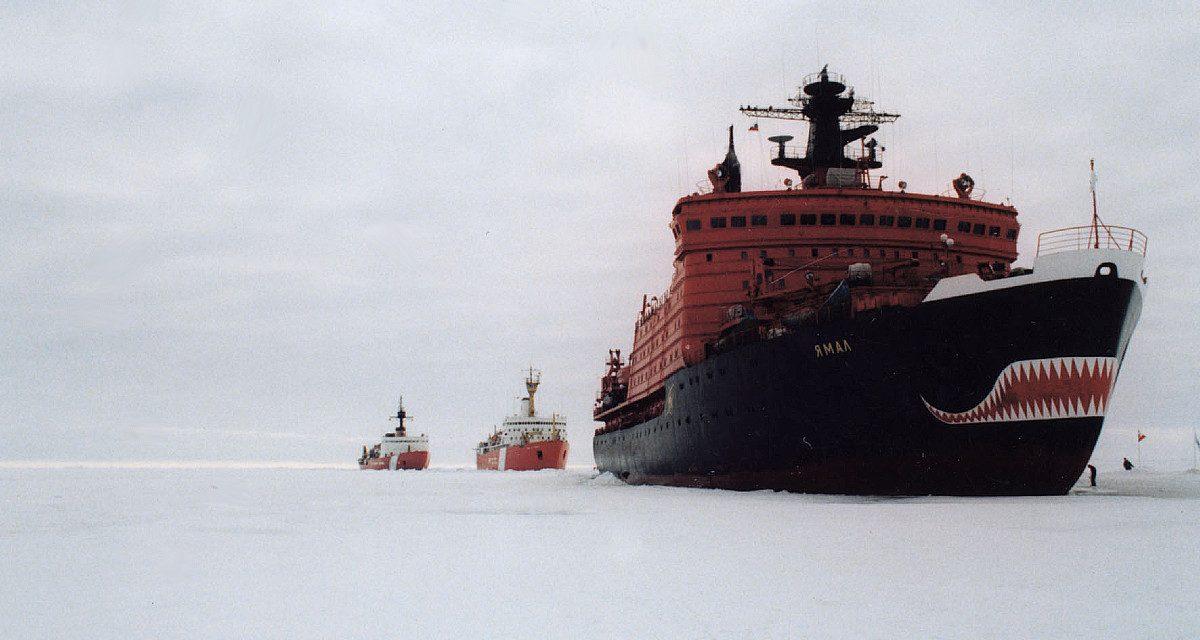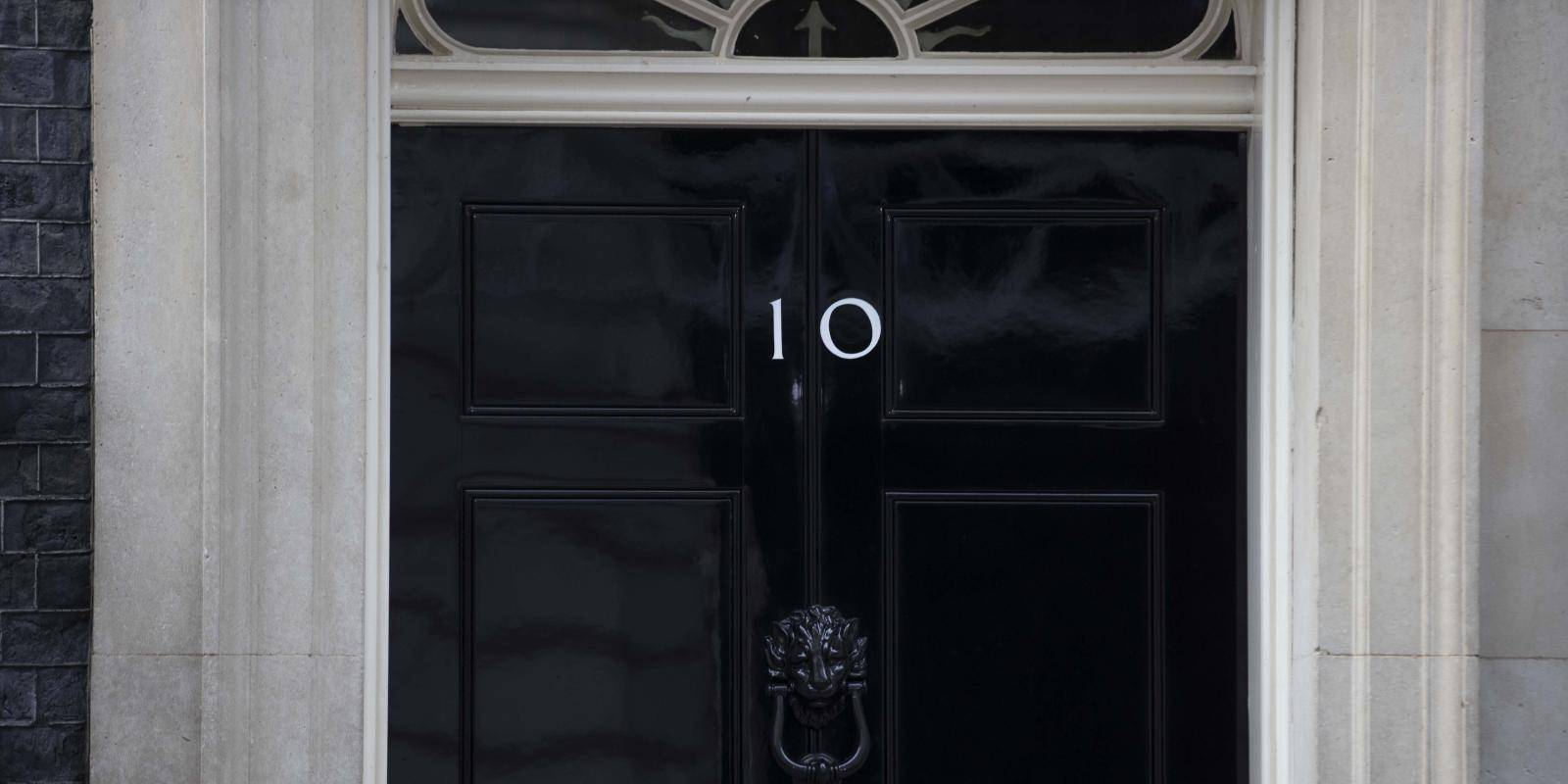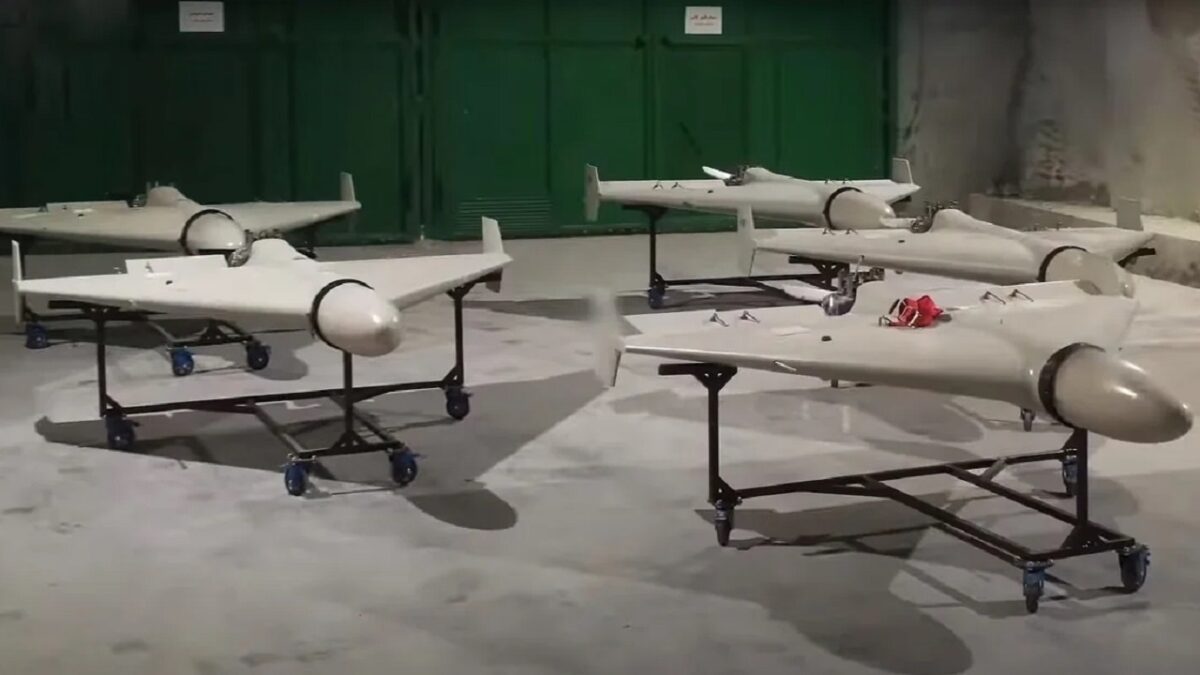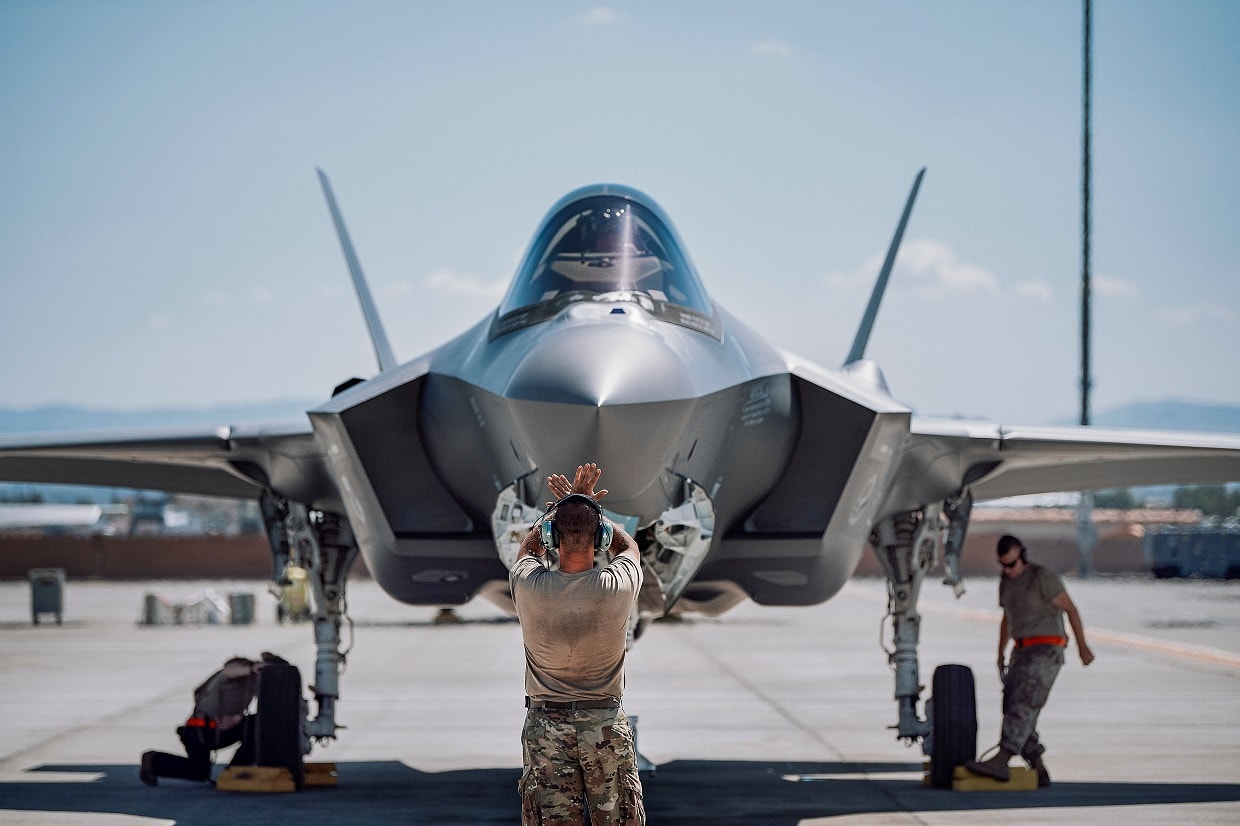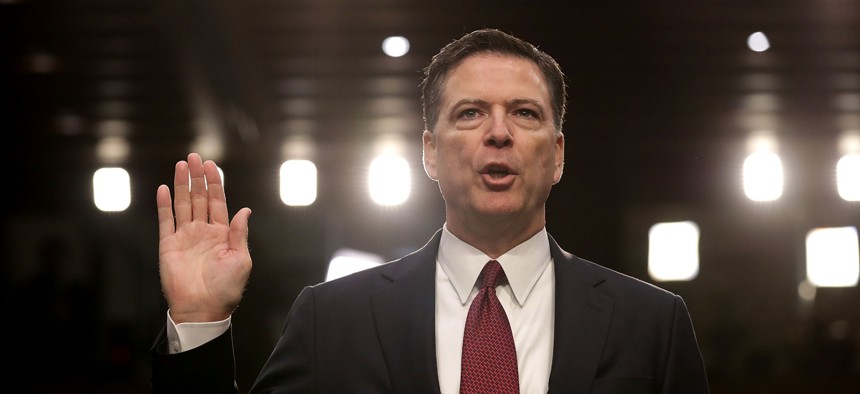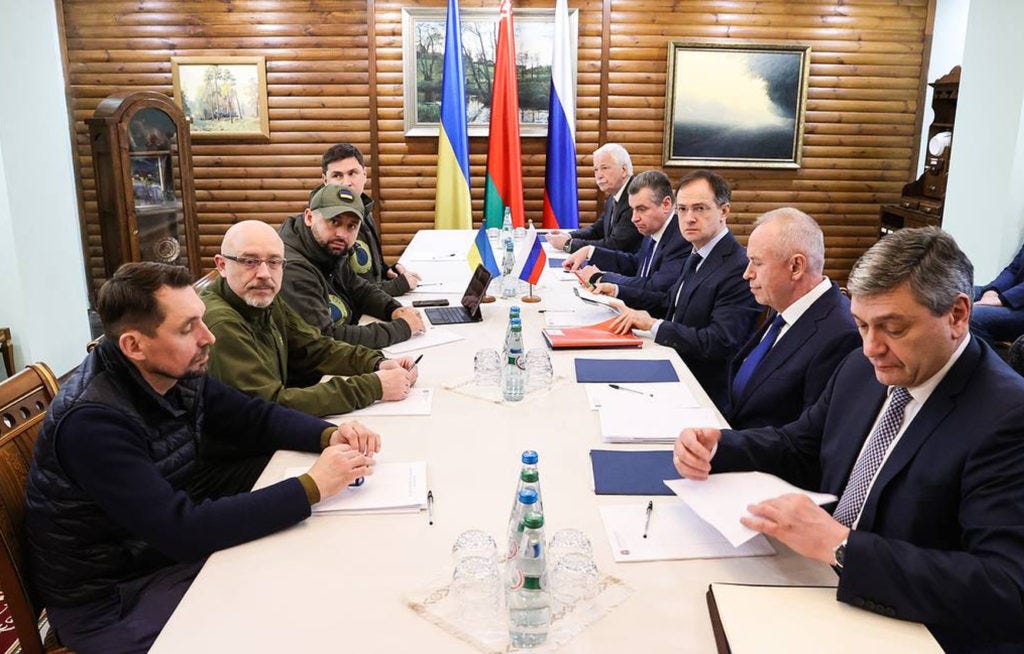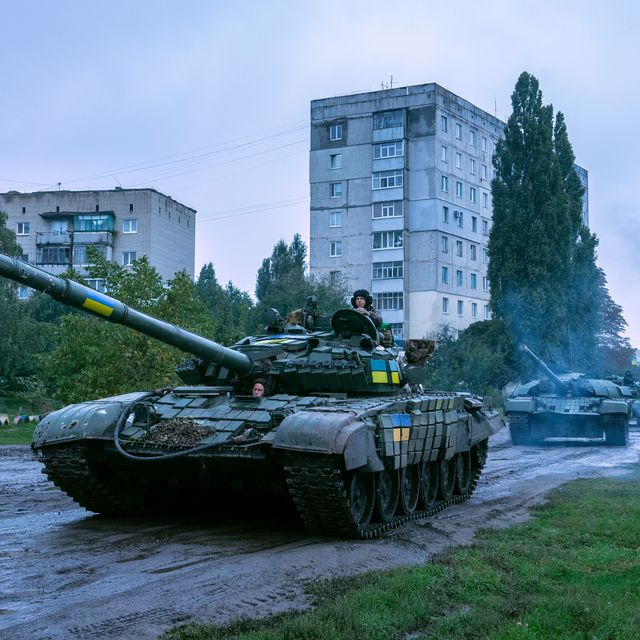Khaled Abu Toameh
These members of Congress, [Saudi author Mohammed Al-Saed] implied, either do not know or are conveniently "forgetting" that Iran has been at least as brutal to Americans as Saudi Arabia has.
While the gruesome murder of Osama bin Laden's good friend, Jamal Khashoggi -- whose dream was to "establish an Islamic state anywhere" -- cannot be ignored, Iran's regime has created a list of hostile acts against the US at least as long.
This simplified list does not even include that Iran is presently supplying Russia with kamikaze drones and trainers as well as missiles to use against the civilians of Ukraine. Just suppose for an instant that Iran possessed nuclear weapons instead?
Iran already controls four Middle Eastern countries in addition to its own -- Lebanon, Syria, Yemen and Iraq -- as well as countless terrorist proxies, including Hezbollah, Hamas, the Houthis and Palestinian Islamic Jihad. Since 1979, the Iranian regime has repeated its plan of "Death to Israel" and "Death to America." And now the Biden administration still wishes it could "reward" Iran with legitimized nuclear weapons, the ballistic missiles to deliver them, and a trillion dollars? How can anyone see that as "fair"?


